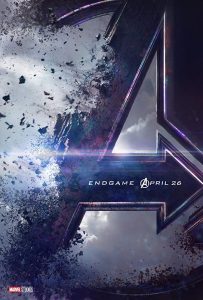 I went to see the fourth Avengers movie on Friday afternoon, right after work and thusly before it was feasible that my on-call duties this weekend would interfere. (As it turns out, it has been non-stop smooth sailing, but I had no way to guess that then.) Obviously I can’t talk about the movie, because, well, you know.
I went to see the fourth Avengers movie on Friday afternoon, right after work and thusly before it was feasible that my on-call duties this weekend would interfere. (As it turns out, it has been non-stop smooth sailing, but I had no way to guess that then.) Obviously I can’t talk about the movie, because, well, you know.
So, the tickets I wanted to buy were sold out before I knew they were on sale. Not literally sold out, but the useful seats were, I mean. So I’ll have to go a second time[1] to see the Alamo’s version. None of this is the point. The point is: after I couldn’t get the tickets I wanted, I sat around for a few weeks waiting for the problem to solve itself, and then ended up not being able to get out of my on-call this weekend as previously referenced. The first time I knew for sure what show I would be able to make was Friday earlier in the afternoon. BUT: there’s this theater a few miles away attached to a mall, only the mall has been closed for years and is in the process of being torn down. Nobody goes to this theater.
So, I was able to get tolerable seats about two hours in advance, and went to a 5:30 show. When we got to the parking lot, it was… well, it’s not a huge lot, most everything beyond the theater’s entrance to the mall is fenced off. Also, what lot there is has not been well taken care of. The upshot of all this is that there are a limited number of spaces, yes, but there are a much more limited number of spaces that have been repainted anytime since the mall died. The upshot of that is that all of the good spaces were already taken, at only 5pm, and man can people not park straight without lines. Some lanes got gradually narrower, eventually dwindling into nothing; some lanes were only a little crooked off into the distance but with one random car blocking half the lane for no good reason. It was a mess and a madhouse. At 5 in the afternoon on a Friday at a mostly dead theater.
Someone not me said that this is plausibly a once-in-a-lifetime (or maybe even a once-in-an-ever) event, where the 22nd film over the course of 11 years tells one complete story. From my anecdotal evidence above, there are a lot of people who know that, even if they don’t have the same words for how weird and rare and wonderful this is.
The big question, then, is will these people be satisfied? Man, I don’t know. I started to say more, but then I realized that it would be by my considerations hugely spoilerish, so I will drop a follow-up comment below the review. Which I haven’t actually done yet; this is just a story about the time I went to see Avengers: Endgame.
And now: my review.
They stuck the landing.
[1] don’t throw me in that briar patch
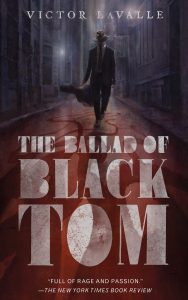 As a part of the ongoing series, Chris Reads Books Years Past When People Were Recommending Them, sponsored in this case by Tor who had the ebook on offer for free a few months ago, I present: a review of
As a part of the ongoing series, Chris Reads Books Years Past When People Were Recommending Them, sponsored in this case by Tor who had the ebook on offer for free a few months ago, I present: a review of 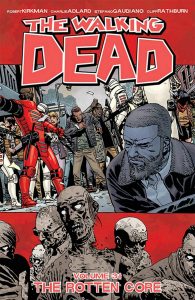 I feel bad using the horror tag by default on
I feel bad using the horror tag by default on 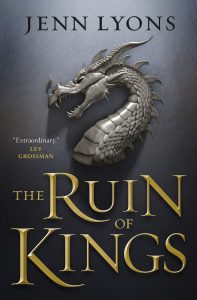 This was a strange experience.
This was a strange experience.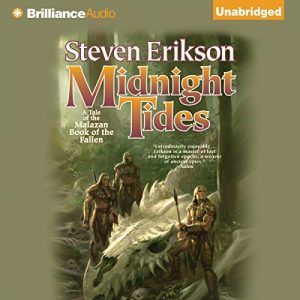 I feel like I have been listening to
I feel like I have been listening to 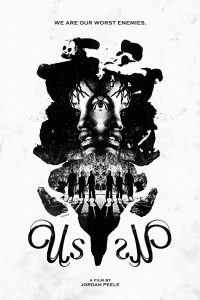 As foretold in prophecy[1], I have gone forth and seen
As foretold in prophecy[1], I have gone forth and seen 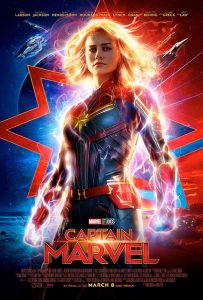 I’ve tried to stay away from reviews of
I’ve tried to stay away from reviews of 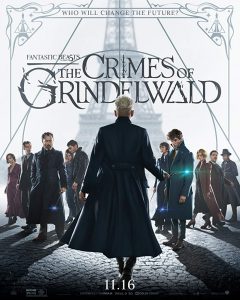 A thing to know about the Fantastic Beasts sequel is, it has no sympathy if you don’t particularly remember (or especially none if you didn’t see)
A thing to know about the Fantastic Beasts sequel is, it has no sympathy if you don’t particularly remember (or especially none if you didn’t see) 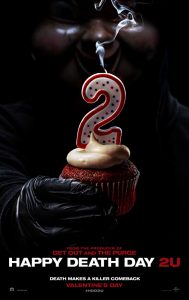 At the very beginning of
At the very beginning of 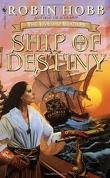 Considering how direly the trilogy
Considering how direly the trilogy